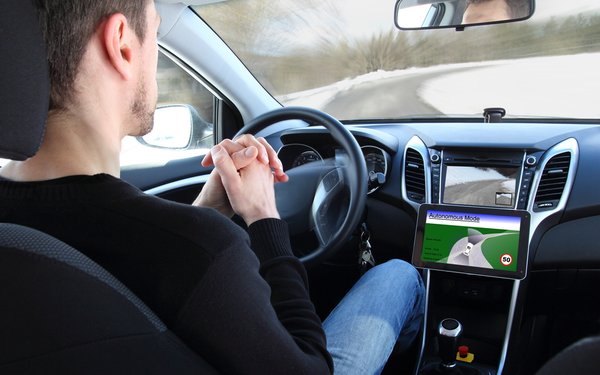
Advertisers interested in utilizing self-driving
cars as a channel to reach consumers may have a longer wait than they thought.
Among general uncertainty about connected and self-driving cars, very few consumers say they want to purchase
one, according to a new study.
The study, comprising a survey of more than 3,000 car drivers, was conducted by Klashwerks and found that fewer than half (38%) of drivers said they would ride
in a self-driving car.
Almost as many (37%) said they are unsure about riding in one.
The market appears to still be in its early stages as well, with almost half (45%) of drivers
saying they need more information about self-driving cars before making any decision and only 5% said they plan to buy one as soon as possible.
Here is the breakdown of sentiment toward
self-driving cars:
- 45% -- I need more information about them before making a decision
- 19% -- They’re cool, but would never buy one
- 18% -- They are
terrifying
- 12% -- Mostly just hype, won’t see them for a long time
- 5% -- Plan to buy one as soon as possible
- 2% -- Have never heard of them
advertisement
advertisement
In
addition to differing attitudes toward self-driving cars, general awareness of the terms associated with the various levels of autonomous vehicles seems to be somewhat fragmented.
For example,
three quarters (75%) said they are familiar with self-driving car as a term, but that number drops to about a third (35%) for autonomous vehicle and fewer than a quarter (23%) for connected car.
There also may be a lack of effective messaging in the market about what the terms mean, especially with the term ‘connected.’
Fewer than a third (27%) said they don’t
know if their vehicle is capable of being connected, but more than a third (35%) said their car has Wi-Fi hotspot integration, roadside assistance service, car-app connection or other Internet-based
service capabilities, according to the study.